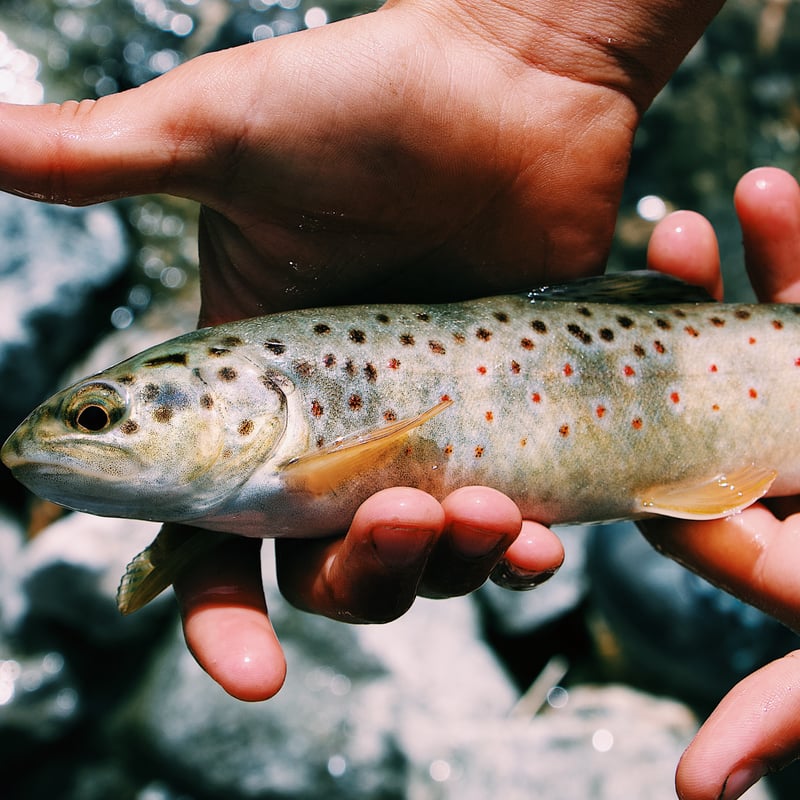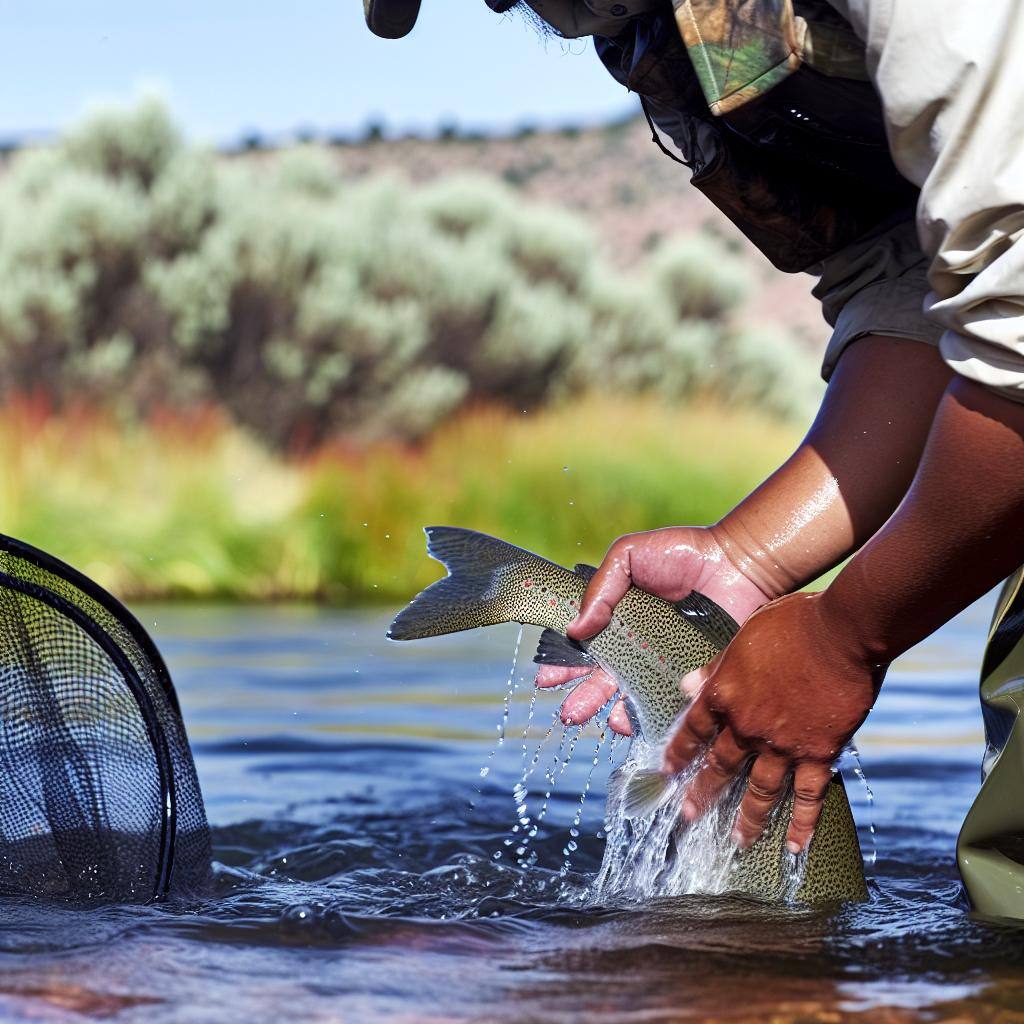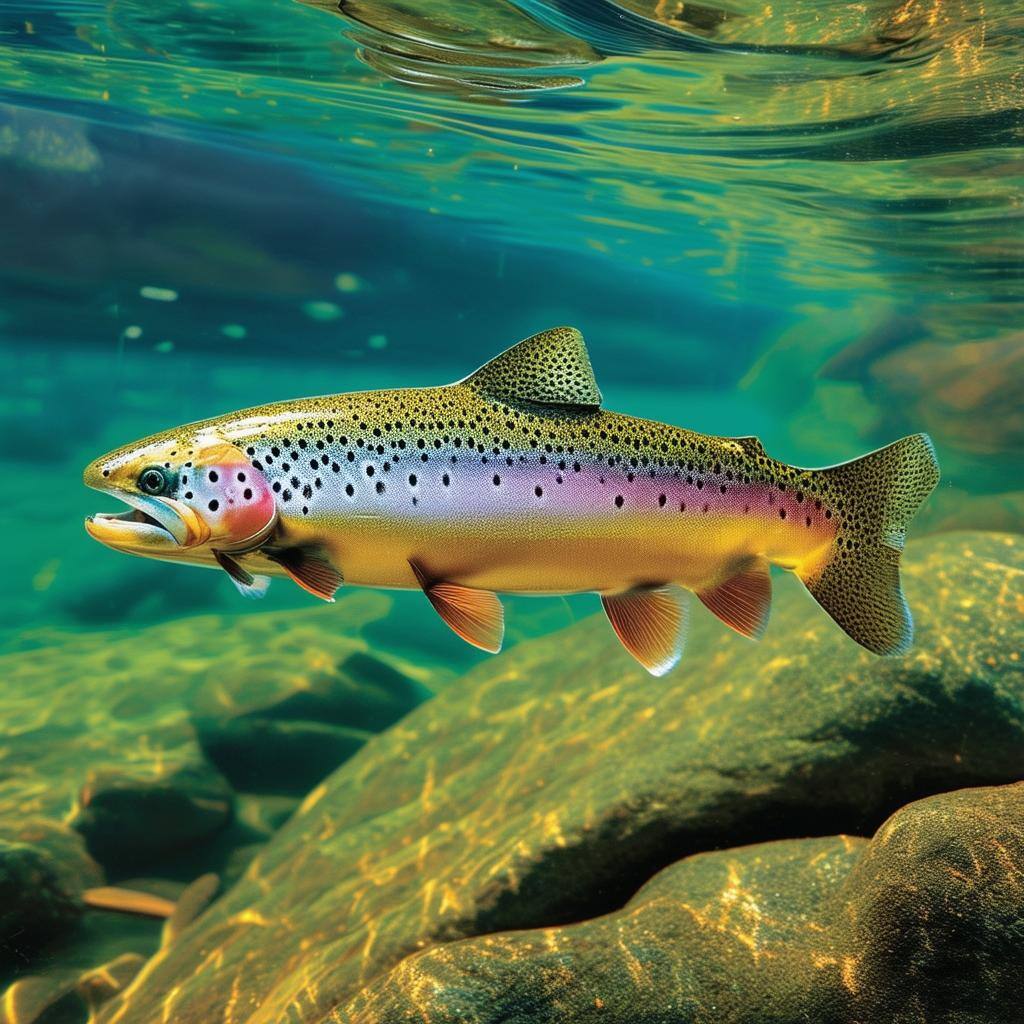Sustainable Fishing: Keeping Waters Wild for Generations
Ah, the great outdoors—where trout rise, rivers shine, and anglers recharge their souls. But before you tie on that fly or bait that hook, let’s talk about something bigger than the next fish in your net: how to fish sustainably so our rivers and lakes remain just as inviting for future generations.
Catch and Release Done Right
Catch and release isn’t just good manners—it’s one of the most effective tools anglers have to protect fisheries. A few small adjustments can make a huge difference:
- Go Barbless: Barbless hooks slip out cleanly, reducing injury. Buy them off the shelf or flatten the barbs yourself with pliers.
- Handle with Care: Wet your hands before touching fish. That thin slime coat is their immune system—strip it away, and you open the door to disease. Always support the body and avoid the gills.
- Keep ‘Em Wet: The longer a fish is out of the water, the worse its odds. Have your tools ready and release quickly. For more detail, check out CPW’s Catch and Release Tips.
Respect the Seasons
Fishing calendars aren’t just bureaucratic red tape—they’re designed to protect fish during critical life stages. Closed seasons give species time to spawn and populations a chance to thrive. Always review the latest Colorado Parks and Wildlife Fishing Regulations before heading out.
Tackle That’s Easy on the Environment
The gear you use matters just as much as the flies or lures you tie on:
- Biodegradable Line: Standard monofilament can take centuries to break down. Switch to biodegradable options to keep waterways safer for wildlife.
- Lead-Free Weights: Lead leaches toxins into the water. Safer alternatives like steel or tungsten are just as effective without the environmental hangover. Learn more with CPW’s Eco-Friendly Gear Guidelines.

Leave No Trace (Yes, Really)
Fishing trips should leave behind only ripples. That means:
- Pack It In, Pack It Out: Take all trash—and if you spot someone else’s litter, bag that too.
- Recycle Right: Many rivers have bins for old line. Use them. A tangled mess of fishing line can do decades of damage to birds and fish.
Check the U.S. Forest Service Fishing Guidelines for more best practices.

Be a Conservation Ambassador
Protecting rivers isn’t a solo sport. Join local clean-ups, volunteer for habitat restoration, and share your knowledge with new anglers. Groups like the Colorado River District run excellent programs you can get involved with.
Why It Matters
Every cast comes with responsibility. Overfishing, pollution, and habitat loss are very real threats. By practicing sustainability, you’re doing more than just protecting fish—you’re safeguarding entire ecosystems.
And the reward? More healthy rivers, more wild fish, and more days on the water worth remembering.
So next time you wade in, think beyond the catch. Fish smart, fish clean, and leave the water better than you found it.
Tight lines, eco-warriors.
For more on licenses, regulations, and local fishing reports, head to Colorado Parks and Wildlife and the U.S. Forest Service.
.png?width=300&height=100&name=Copy%20of%20Rise%20Beyond%20Logo%2012.31.24%20(300%20x%20100%20px).png)
.png)



-1.png)